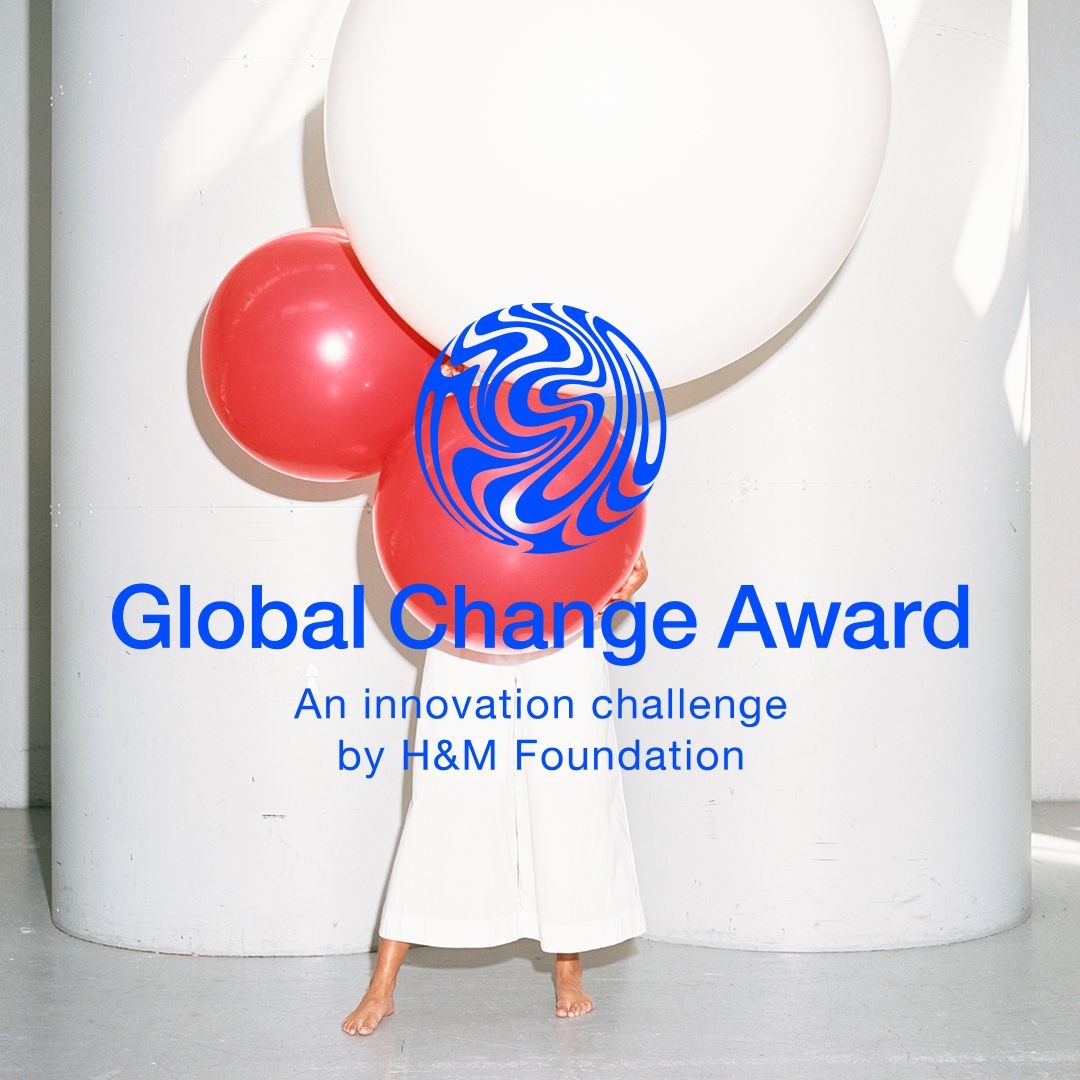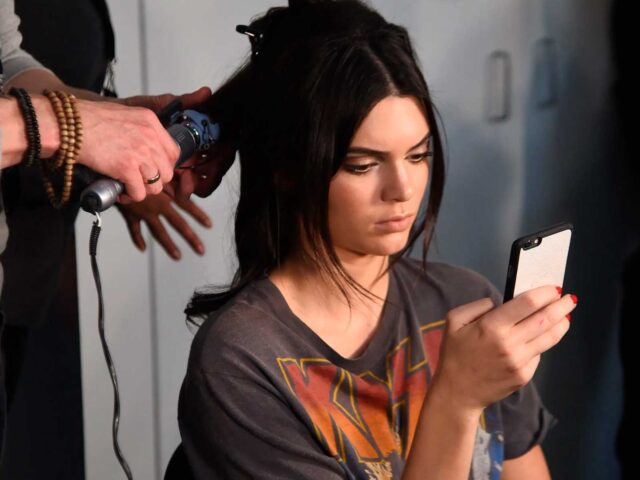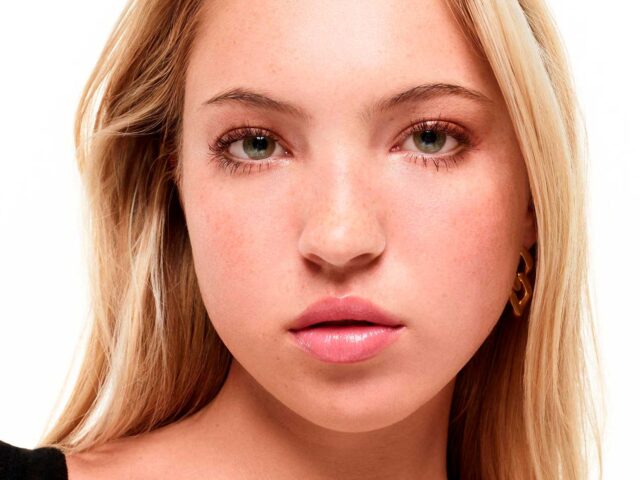The H&M Foundation presents the 20 finalist startups for the new edition of the Global Change Award 2023 initiative.
The H&M Foundation has finally selected the 20 finalists for this year’s Global Change Award. The initiative, driven by H&M through the H&M Foundation, aims to support sustainable innovation in fashion by funding a selected group of five disruptive innovations each year with one million euros. The 20 finalist initiatives focus on four areas of expertise: materials, production, recycling and design.

Materials Area
In the “Materials” section, there is Algreen (UK), responsible for inventing the world’s first polyurethane made entirely from a recyclable and biodegradable bio-based material; Alt Tex (Canada), creators of the world’s first biodegradable and neutral alternative to polyester, made from food waste; Arda Biomaterials (UK), developers of a vegan leather with no plastic waste made from the waste grain used in the brewing industry; and Bylon (US), a high-performance biodegradable fibre made from bio-based carbon; Bylon (US), a high-performance biodegradable fibre made from bio-based carbon; Dynamic Adaptive (Sweden), a company specialising in the use of nanotechnology for demand-driven adjustment of garment production processes; KBCols Sciences (India), focused on the production of natural bio-colours from micro-organisms.
Nanoloom (UK), focused on the production of high-performance, biodegradable and recyclable fabrics obtained from graphene or biomimetic practices; Oceanium (UK), specialised in the production of fibres obtained from seaweed; Phycofiber (Brazil), an initiative focused on the production of circular and regenerative fabrics; Radiant Matter (UK), promoters of a new generation of colour and material solutions to eliminate the sector’s dependence on dyes, metals, minerals and microplastics; Rethread Africa (Kenya), focused on the development of circular and sustainable fashion; and Spinning Like Spiders (UK), developer of a new yarn obtained from renewable inputs, without the presence of microplastics or petroleum products.
Production Area
The finalists are Billion Liter Water Savings (US) and Colourrizd (US). The former is currently focused on trying to scale up its carbon dioxide cleaning technology, which would save “billions” of litres of water per year if it were to be implemented in the textile production of companies; and the latter is dedicated to developing a technology for dyeing cellulose yarns, by injecting a pigment and a binder that makes it possible to obtain a coloured yarn directly from the production process.
Recycling Area
DyeRecycle (UK), responsible for a technology that enables the circular dyeing of garments from recycled dyes and the decolourisation of waste textiles; Refiber (US), responsible for developing a textile sorting system that facilitates, through the use of AI, the sorting of post-consumer garments for later and easier recycling; Reti Ecotech (India), India’s first company dedicated to the transformation of textile waste into construction material. Reverse.Fashion (Germany), developer of an automated sorting machine to exploit the highest possible value from second-hand garments; ShareTex (Sweden), dedicated to the recycling of cellulosic textiles; and Tereform (US), developers of a platform for the recycling of polyester garments into new polyester garments.
Design Area
The only representative in the Design area is SXD, Shelly Xu Design, (US). This company is a developer of design technology software that makes it possible to take advantage of textile surpluses to finish making new garments. A solution that they not only use to shape their own models, but that they also open up and make available to designer brands and designers, allowing them to produce their respective pieces at a cost of approximately -55% less.
Sigue toda la información de HIGHXTAR desde Facebook, Twitter o Instagram
You may also like...





